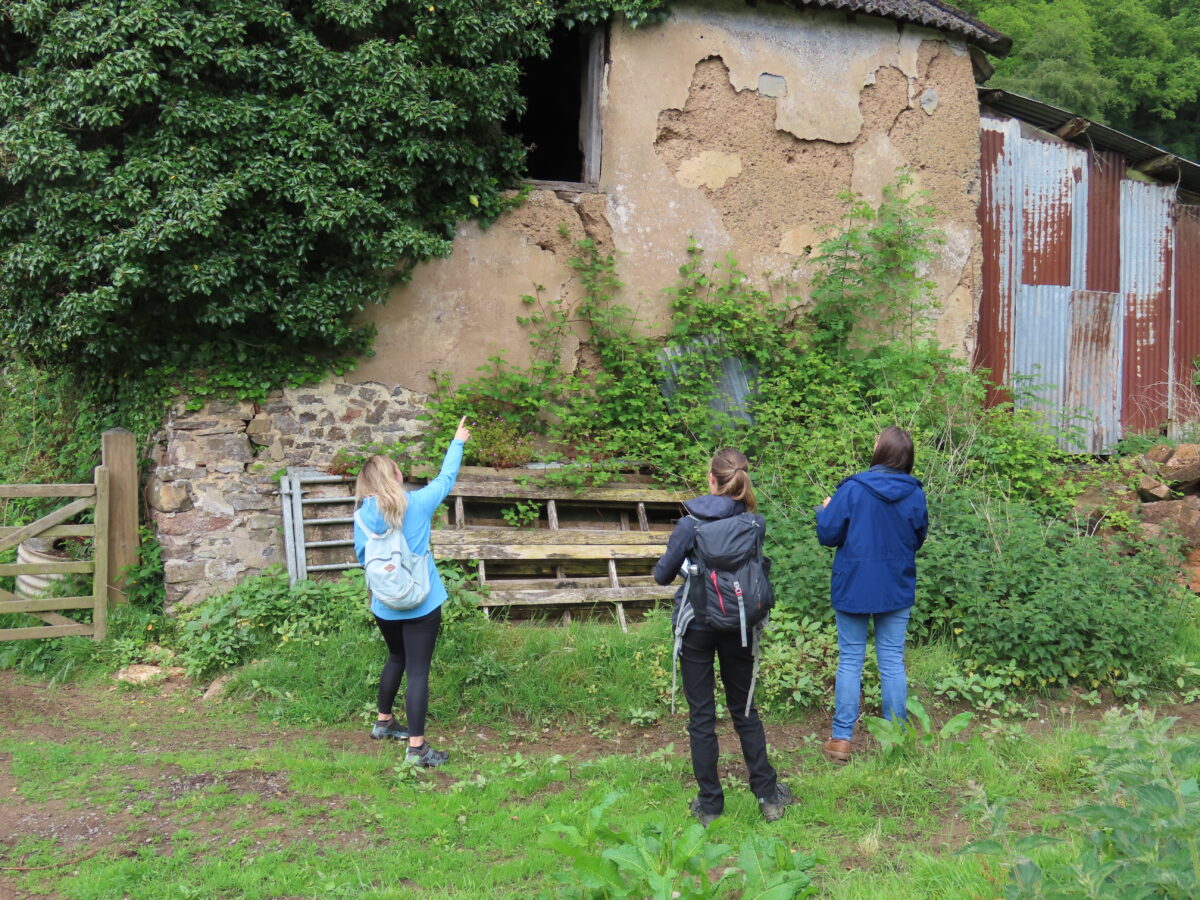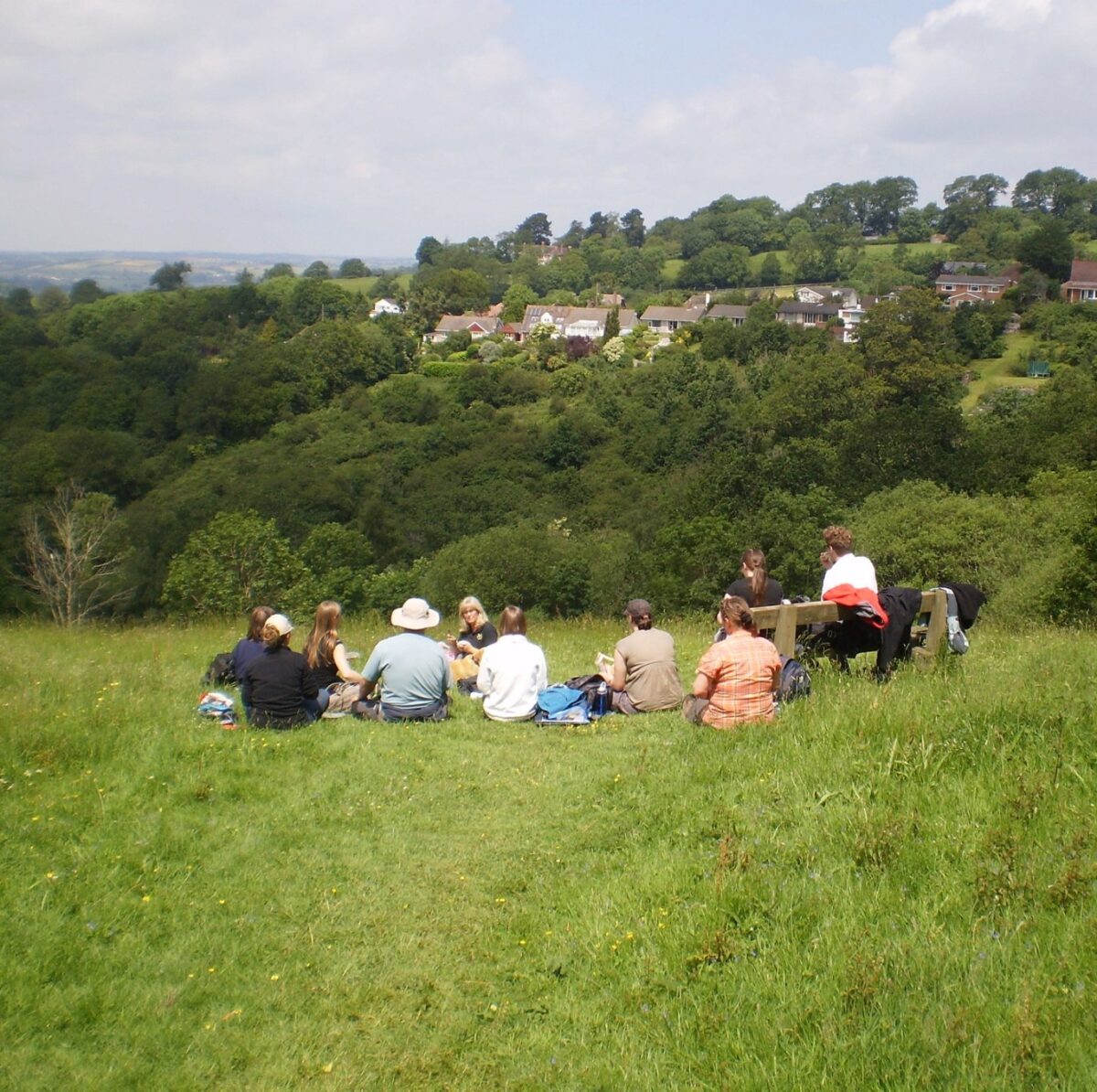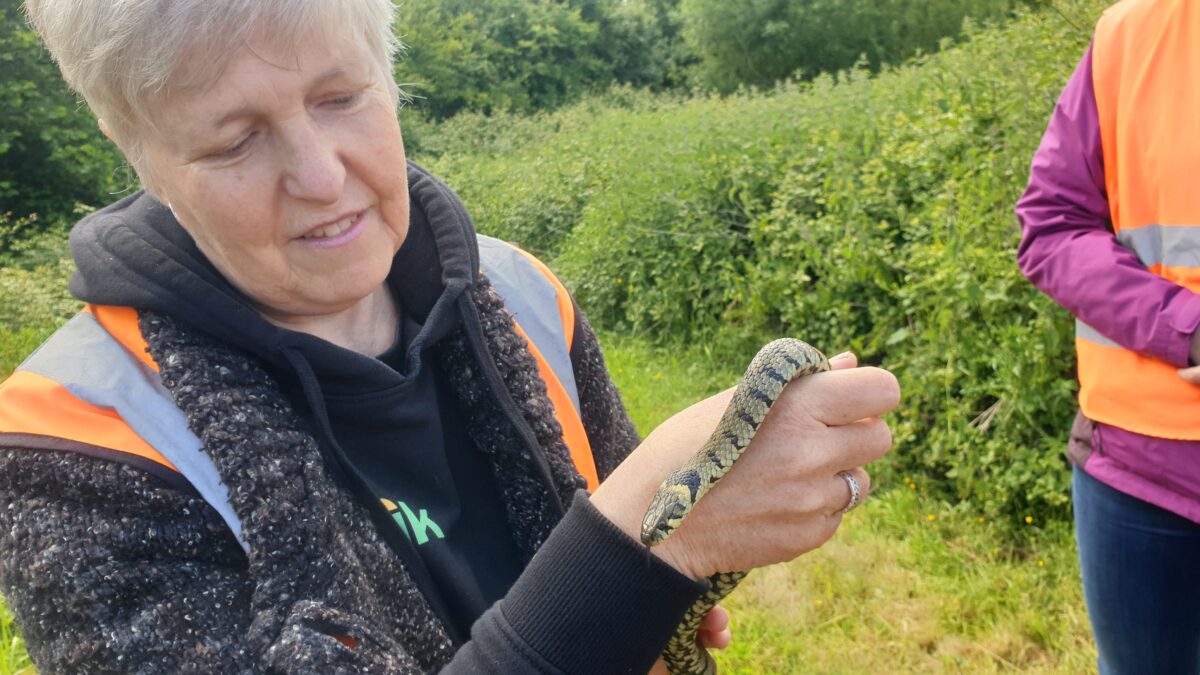Ecological consultancy has got to be one of the most interesting, varied, intellectual and challenging jobs around. Head tutor, founder and principal ecologist Sue Searle talks us through some of the things you can do to become an ecological consultant.
I came to ecological consultancy later in life, but I wish I had been able to do this all along. I have been an ecological consultant since 2003. Each day is interesting, challenging and varied. I would not give up this career for the world! It’s great, and it certainly doesn’t seem like work most of the time.
There is no typical day, or even season, in my career now. A typical week for a consultant might be: closing a badger sett, carrying out some dawn or dusk bat surveys, dormouse and reptile surveys, a couple of phase 1 surveys, assessing trees for bats, explaining to a client the implications of having a bat maternity roost in their loft if they want to demolish their house, and of course report-writing.

As consultancies are businesses there are also other activities. Speaking to clients, doing quotes and correspondence, invoicing, marketing on social media, paying bills are all part of the job. So quite busy and varied with a mix of field work and office work.
Over the years I have become a specialist in bats, dormice and badgers. Mainly through extensive experience of working in the south west of England. But when I started off I was no expert in anything much!
Why ecological consultancy?
Why did I decide to become an ecologist? I was always interested in wildlife, particularly plants, mammals, reptiles and insects and I love being outdoors. My early years were spent in Africa, and as a child my mother could not get me to come indoors!
When I left school in 1976 ecology was not on the radar as a career. So I followed my mother’s footsteps and became a nurse and a midwife. I did not feel at home in a clinical environment and yearned to be able to work outdoors. It was not until much later, in the late 1990s, that I realised I could make a career in wildlife.

How I became an ecological consultant
I felt that the path to this career was via a degree. Although I didn’t gain the skills I needed from my BSc in Biological Sciences, I gained a lot of knowledge. I also gained a scientific outlook. After my degree I did a Postgraduate Diploma in Ecology and Conservation. This gave me more specific skills in surveying and reporting. It directly led to me setting up my consultancy in 2003.
At the time I made the career switch I was volunteering for the Wildlife Trust as a Wildlife Watch leader. I actually did this for 10 years! I was also involved in the Devon Mammal Group and Devon Bat Group. And I was reasonably skilled at plant ID and good at mammal ID. During my PGDip I secured my first job in conservation (not consultancy). For a year I worked for The Barn Owl Trust. This experience made me realise that conservation is not for me. I knew I needed something more intellectually challenging – and better paid!
Now I feel that this is what I was always meant to do as a career. I wouldn’t swap it for the world! Nowadays I also enjoy running and writing courses. Helping as many people as possible to get into ecological consultancy and conservation is incredibly rewarding. I personally run our Certificate in Ecological Consultancy. This is our flagship course which gives you all the skills and knowledge graduates need to get into consultancy. Click here to find out more.

Sue Searle BSc PGDip MCIEEM
Principal Ecologist
Ecology Training UK
How to become an ecological consultant
If you are thinking of becoming an ecological consultant I recommend Sue’s book ‘How to become an ecological consultant’ 3rd Edition.
This book is written to help you make a start in a career as an ecological consultant. You may have just completed a degree or may be looking for a change in career, like Sue did.
This book tells you what you need to know to get started as a professional ecologist. It’ll show you what academic skills you will need and how to learn to work with wildlife. You’ll learn how to gain the right kind of practical experience; and demonstrate your knowledge to impress employers. In addition, Sue covers how to present your CV and yourself when job hunting. It covers what to expect in your first job, goal setting, career planning and, later in your career, specialising.
The book is now in its third edition (2020). You can order yours from Amazon or from our shop as a PDF.
“Thank you so much for your advice – I am making this career change dream a reality!”
“I have read your book which I found inspirational.”
In the next blog you will find out what skills and knowledge you need to get into ecological consultancy.



